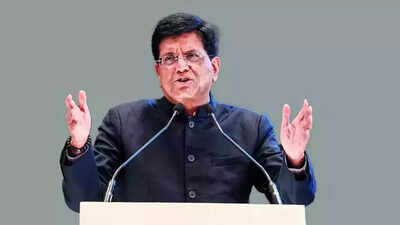
Commerce and industry minister Piyush Goyal urged the global community to diversify supply chains for critical minerals, warning that heavy reliance on a handful of countries poses a serious risk to economic stability and long-term growth. During his visit to Italy, Goyal told reporters that the current concentration of both extraction and processing of these essential resources in limited geographies makes global supply chains dangerously vulnerable, especially as the world transitions towards clean energy. “I think it is important that the world recognises the danger of critical minerals, and supply and processing being concentrated only in particular geographies, which at any point in time can hurt economic development,” he said after meetings with several Italian firms involved in the critical minerals sector. Critical minerals such as lithium, cobalt, nickel, copper, and rare earth elements are vital to modern energy technologies, powering everything from electric vehicles to wind turbines. However, the supply of these materials is heavily dominated by China, which has acquired substantial reserves and processing capacity across the globe, raising concerns about strategic vulnerabilities.In response to these vulnerabilities, Goyal outlined India’s strategy to build resilience into its own supply chain. He said that the government is promoting innovation and supporting startups to develop alternative methods for processing and using critical minerals. “This will help reduce our over-dependence and over-reliance on certain critical minerals,” he explained, underlining the role of research and development in securing a more self-reliant future. However, he admitted India’s efforts are still evolving. “We are still at a stage of firming up how it will pan out, what will be the route it will take and which are the countries which will support it – financially and through right of way,” Goyal said. The minister’s visit also laid the groundwork for a possible India-Italy partnership in this sector. Italian deputy prime minister and foreign minister Antonio Tajani suggested that the two countries could collaborate in this segment, particularly through private sector joint ventures focused on mineral processing and technology innovation.














